State Railway of Thailand (SRT)
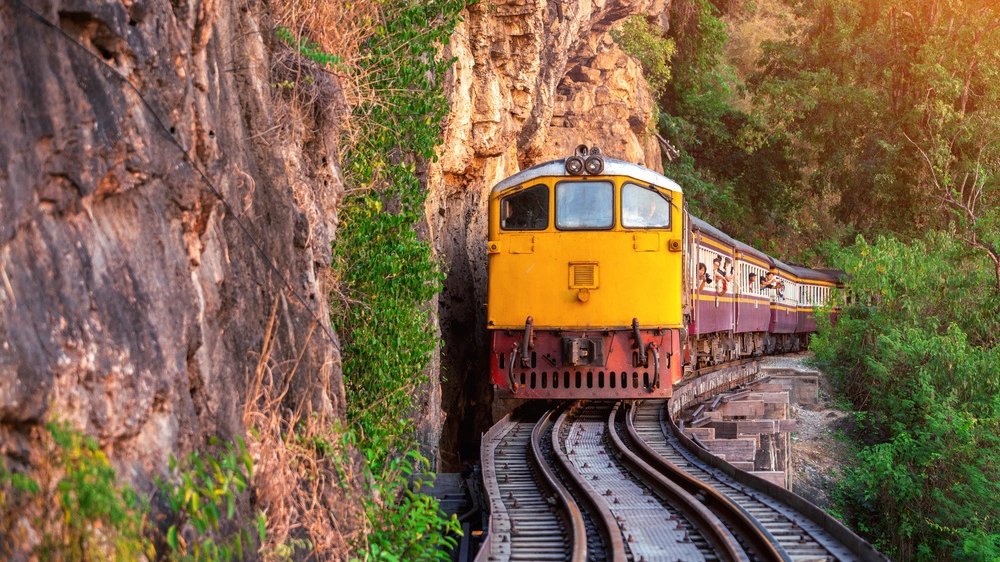
State Railway of Thailand (SRT) is the state-owned operator of Thailand’s metre‑gauge network, linking Bangkok with the north, northeast, east and south and serving both long‑distance and commuter traffic. Its main corridors are the Northern, Northeastern, Eastern and Southern lines, with limited cross‑border links. Services range from 1st‑class sleepers and air‑conditioned expresses to 2nd‑class reclining and 3rd‑class basic seating. Fares are distance‑based with supplements for sleepers and AC compartments, tickets can be bought at stations, SRT offices or online and via agents. Timetables may change for seasonal schedules or engineering works, refunds and changes follow SRT rules and may incur fees depending on fare type. SRT is undergoing modernization projects, including infrastructure upgrades and new high‑speed and dual‑gauge initiatives centered on Bangkok’s main terminals.
Seater and Sleeper Fares Types
SRT seater and sleeper trains cover a range from basic third‑class bench seating to air‑conditioned first‑class compartments: Seater trains include 3rd‑class non‑AC benches for short trips, 2nd‑class reclining seats (fan or AC) for regional travel, and occasional 1st‑class seated coaches with more space and AC, Sleeper trains offer 2nd‑class sleepers with shared berths (upper/lower, fan or AC) and 1st‑class private or semi‑private cabins with air‑conditioned beds and washroom access, sleepers suit overnight long‑distance routes while seaters are common on day services and shorter transfers.
Seated fares cover short, medium and long‑distance travel with simple, affordable comfort options: 3rd class fan offers basic bench seating, 2nd class fan provides reserved reclining seats with natural ventilation, 2nd class AC supplies air‑conditioned reclining seats for greater comfort over long distances. Tickets are distance‑based, inexpensive, and suitable for day travel or slower overnight runs where sleepers are not required.
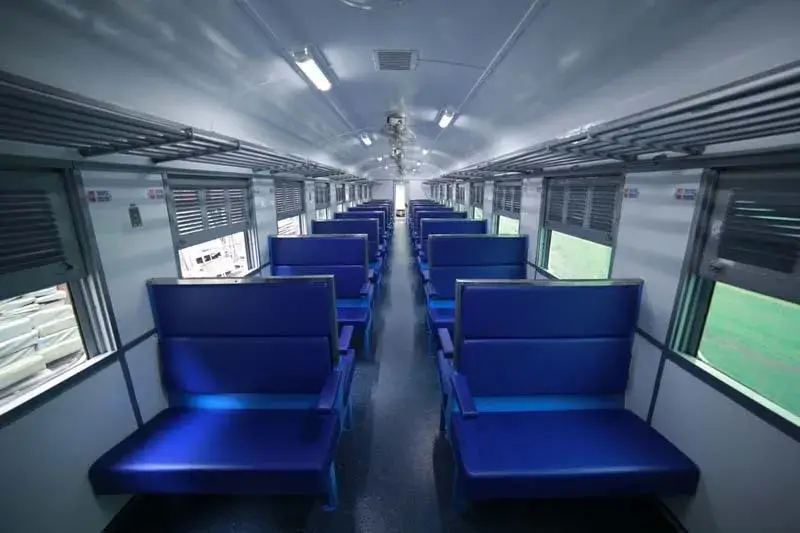
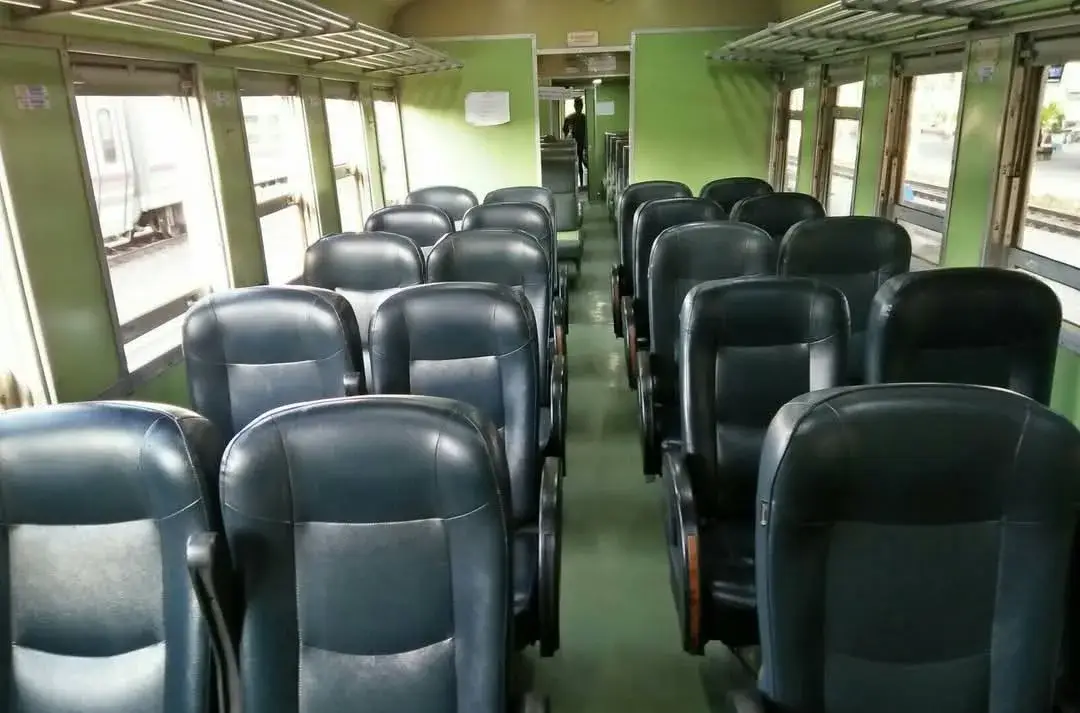
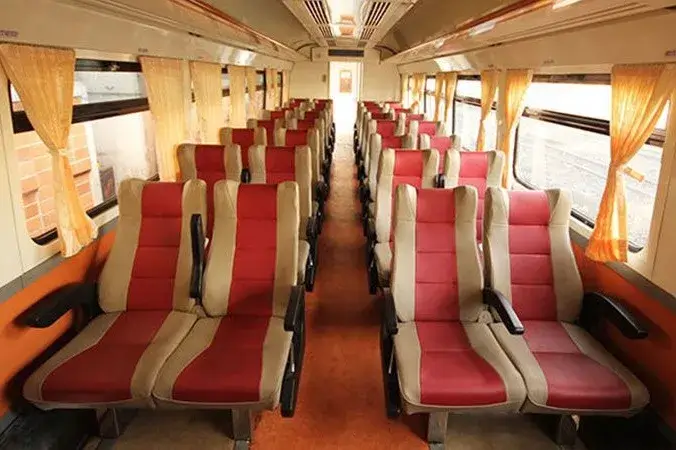
Sleeper fares are designed for overnight and long‑distance journeys, prioritizing rest and privacy: **2nd class sleepers** typically feature open compart‑style berths with upper and lower beds, available in fan or air‑conditioned carriages and usually sold as reserved berths; **1st class sleepers** offer private or semi‑private cabins with two berths, stronger privacy, AC and sometimes a washroom. Sleeper tickets include a berth supplement on top of the base fare, are reserved in advance, and are ideal for saving daytime travel time while arriving rested.
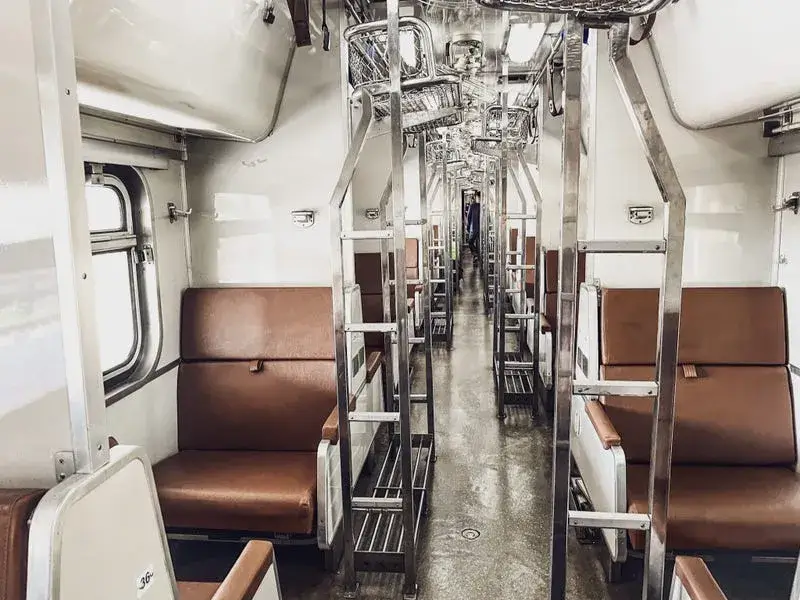
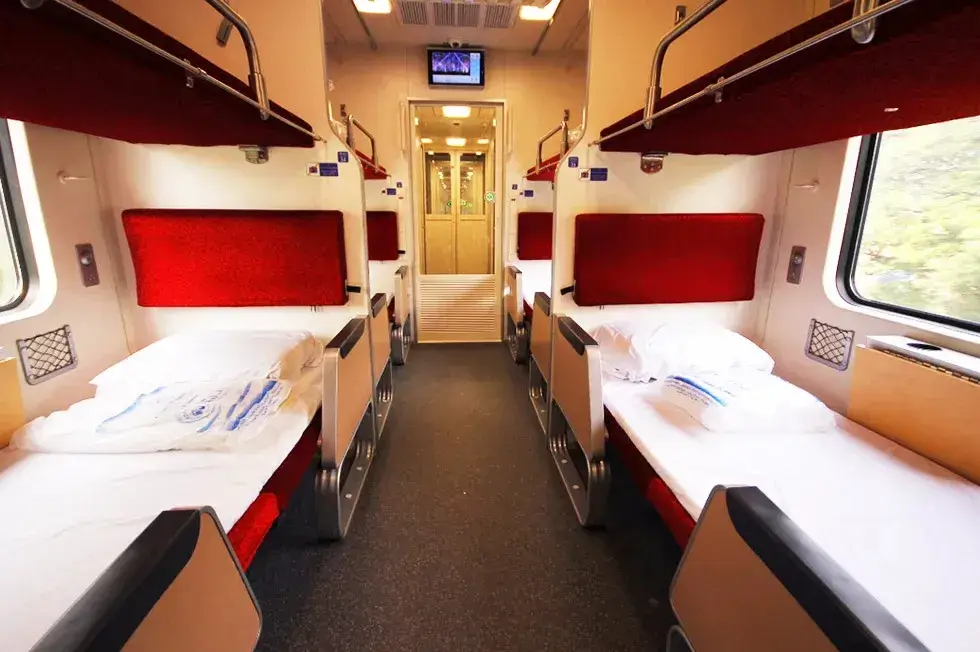
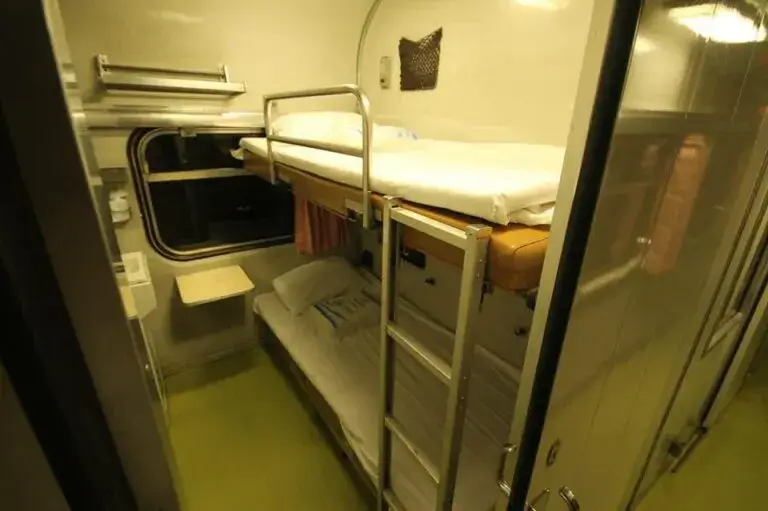
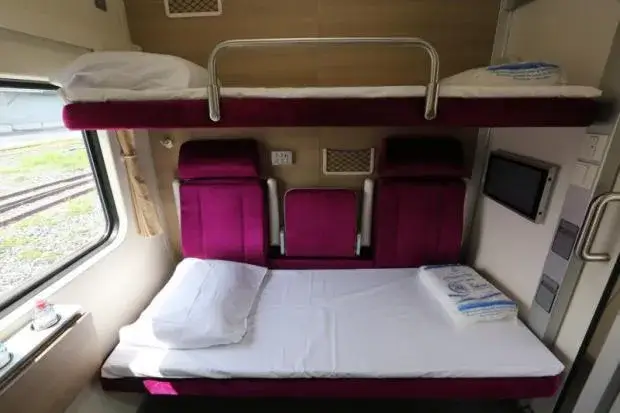
Change Policy
| State Railway of Thailand | Policies |
|---|---|
| Seat | - Allow on normal days (no festival/holiday time). - No changes are allowed if the ticket was issued more than 90 days in advance or if there is less than 1 day remaining until departure. Change fees will be applicable as follows: - 20% of the ticket fare if changes are made 3 days before departure - 30% of the ticket fare if changes are made 2 days before departure - 50% of the ticket fare if changes are made 1 day before departure |
| Sleeper | - Allow on normal days (no festival/holiday time). - No changes are allowed if the ticket was issued more than 90 days in advance or if there is less than 1 day remaining until departure. Change fees will be applicable as follows: - 20% of the ticket fare if changes are made 3 days before departure - 30% of the ticket fare if changes are made 2 days before departure - 50% of the ticket fare if changes are made 1 day before departure |
Cancellation Policy
| State Railway of Thailand | Policies |
|---|---|
| Seat | - Allow on normal days (no festival/holiday time). - No cancellation are allowed if the ticket was issued more than 90 days in advance or if there is less than 1 day remaining until departure. Cancellation fees will be applicable as follows: - 70% of the ticket fare + 30THB/ticket + a cancellation fee of 11,000 VND. |
| Sleeper | - Allow on normal days (no festival/holiday time). - No cancellation are allowed if the ticket was issued more than 90 days in advance or if there is less than 1 day remaining until departure. Cancellation fees will be applicable as follows: - 70% of the ticket fare + 30THB/ticket + a cancellation fee of 11,000 VND. |
Fares are refundable according to transportation rules, but YesMyTrips service fees and payment fees are non-refundable.
Routes
FAQ
Yes. Travelers who booked SRT tickets through YesMyTrips can request changes or cancellations, provided the ticket wasn’t issued more than 90 days in advance and there’s at least one full day before departure. These options are only available during normal travel periods (not during festivals or holidays), and fees apply based on timing. If your ticket was issued more than 90 days ahead, online cancellation is not available but you may still be able to cancel at the station.
Most major credit and debit cards are accepted on YesMyTrips.com, making it convenient for travelers worldwide. You can also use some e-wallets like Apple or Google.
YesMyTrips provides real-time seat selection for SRT, so you can choose your preferred carriage and seat during booking.
Yes! Baggage allowances vary depending class: 60kg/First class; 40kg/Second class; 30kg/Third class.
Presentation of the e‑ticket is required for boarding SRT trains. Passengers should retain an offline digital copy or a printed version of the e‑ticket to prevent boarding delays due to loss of connectivity or device battery failure.
If a train is delayed or cancelled, SRT will offer you the option to change your booking or to cancel with a refund.
Pets are allowed under certain conditions: Only dogs and cats are allowed. They need to be register at the ticket counter before boarding.Pets must be in a secure carrier.
Yes, Children under age of 3 and not taller than 100cm (39.37 inch) travel for free, children between the age of 3 to 11 and not taller than 150cm (59 inch) have discount price.
Tickets are electronic, once your booking done YesMyTrips will sent the ticket to your email.
You can contact SRT customer service at 1690 or contact YesMyTrips support team at cs@yesmytrips.com or +84392017027.








